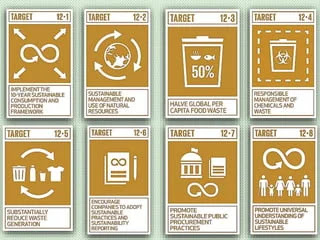Recently, a colleague of mine went on a boat trip at Sungai Klang. Throughout the ride, the boat sailer shared the current situation of what is it like in the area. The highlight of the sharing session was the fact that about 60% of the Sungai Klang river bed is full of solid wastes. Yes, the garbage that we, humans produce every day without fail. Even more surprising, this happened due to overflowing daily garbage that no longer fits in the landfills available in our country. From what we are aware, more and more raw materials are produced and being used yet very little to zero amount is recycled. As a result, there is an overload of undisposed rubbish not only on land but also in rivers. This will affect our surroundings and ultimately the Earth.
Because of that, we decided to make that issue the main problem of our group project for a subject. We tried to come up with a solution as to how we could possibly help better the situation. Among the recommendations include improving recycling habits in society so less amount of garbage is accumulated, especially those that are hard to dispose of. Furthermore, we concluded that the indispensable part is that it takes the whole community to work together to achieve the same target, by being a lot more responsible for everyday consumption, as well as production (for businesses).
SDG 12 focuses on ensuring sustainable consumption and production patterns, which is key to sustaining the livelihoods of current and future generations. This is important as it recognizes that long-term development and economic growth depend on changing how we produce and consume goods, which would then help in better efficient use of resources and reduce global waste. To ensure that, more efficient and environmentally friendly management of materials across the lifecycle, through production, consumption as well as disposal is required.
Sustainable consumption and production not only promote the efficiency of energy and resource but also sustainable infrastructure, access to decent jobs as well as better quality of life. SDG 12 is about the progress towards building a sustainable economy that works for both; people and the planet in the long run.
In my opinion, it is important to raise awareness for the practice of more actions related to achieving goals in SDG 12, at the same time use it as a benchmark to progress better in resolving the overflowing garbage in our country. This goes in line with goal 12.8 'By 2030, ensure that people everywhere have the relevant information and awareness for sustainable development and lifestyles in harmony with nature' which would help improve our current state.
Other than that, goal 12.5 'By 2030, substantially reduce waste generation through prevention, reduction, recycling and reuse' could also be applied by reinforcing the habits of recycling. For instance, make recycling mandatory for every household and business like in Germany and Austria. Every house must be provided with sorted bins according to the materials such as glass, paper, plastics, cans, metals and electronics as well as food waste. Each day, different types of rubbish will be collected. Accumulated food wastes can be turned into fertilisers that will contribute to the residents when planting trees in their community.
To go a deeper mile, we could also start to prohibit businesses from providing hardly disposed of items as packaging materials otherwise, shall be compounded. Instead, they could provide recycled or unused boxes, paper bags, biodegradable plastics and rie straws or paper straws with a charge. This deliberately encourages customers to bring their own shopping bags and reduce the consumption of materials that are hardly disposable and therefore, minimising the overflowing amount of daily garbage accumulated in the landfill.
As a result, we could expect a contribution progress to minimum usage of the landfill in Malaysia, which would cater to further disasters like water pollution as what is currently going on in Klang River. Other pollution like air pollution which would give a huge impact on the health of our society could also be reduced.



Comments
Post a Comment